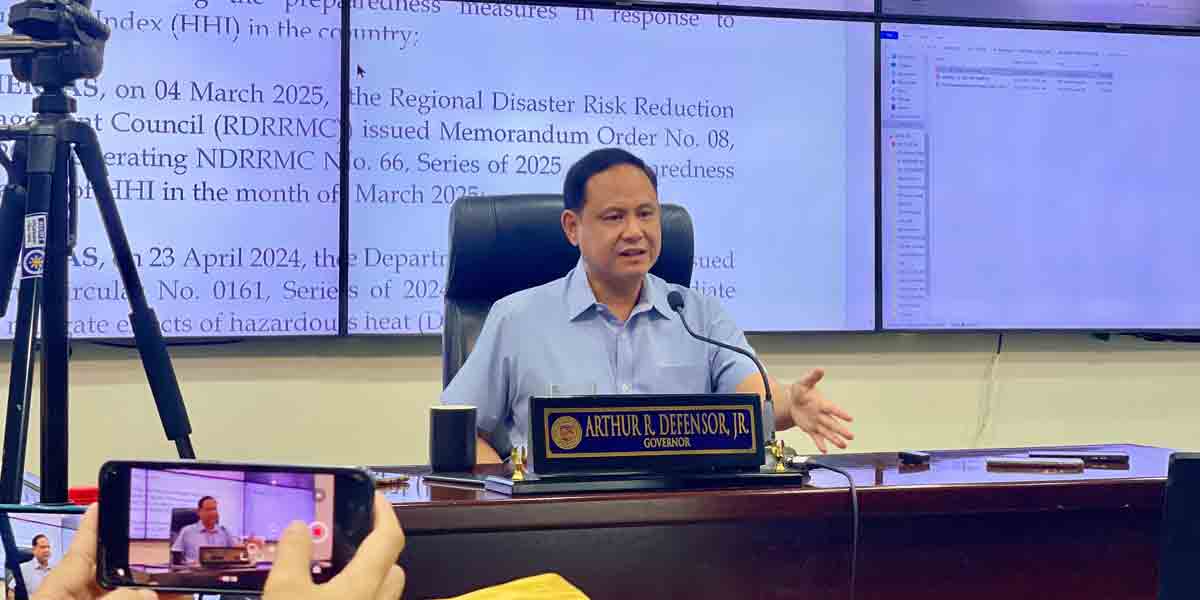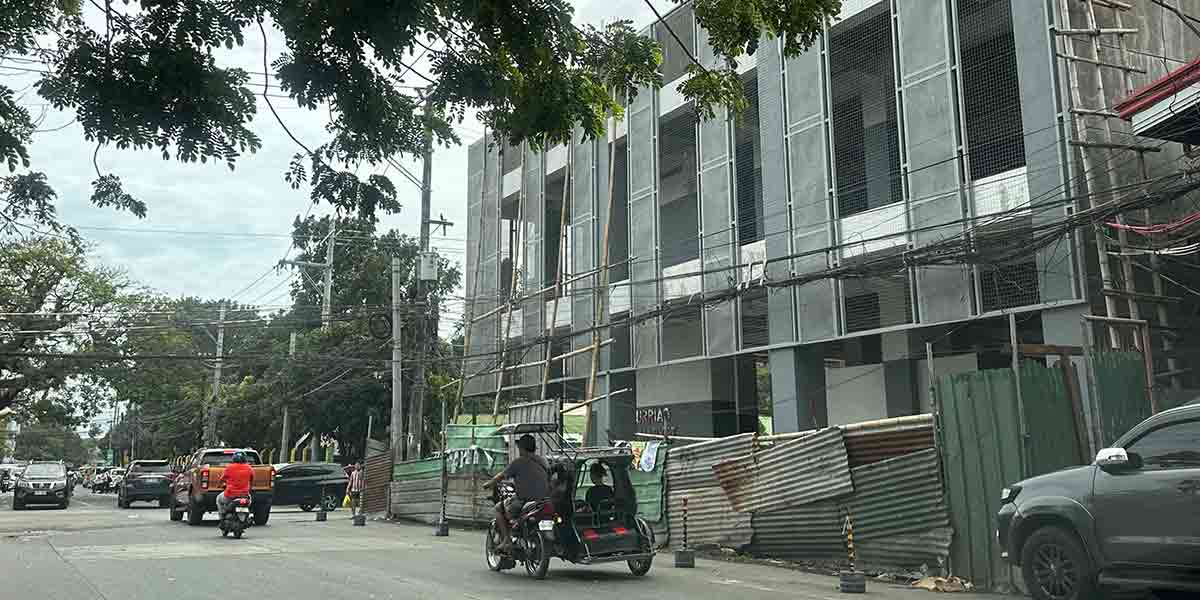 By Herbert Vego
By Herbert Vego
TODAY marks the 48th year since the late President Ferdinand Marcos supposedly signed Proclamation 1081, placing the Philippines under martial law. I was 22 years old and newly-married at that time, and working as a newspaper reporter and ghostwriter for an entertainment columnist in Manila.
If I remember right, it was not on September 21, 1972 but two days later (Sept. 23) that the whole world knew about it. I still vividly recall that morning when I turned on the radio but could not hear any radio station signing on. Soon enough, my neighbors in Project 8, Quezon City were complaining of similar “damage” to their radio sets.
I was to learn later that all TV stations and the newspapers were as inactive. But that did not stop the day’s rumor about the declaration of martial law from spreading.
Indeed, Marcos had by then declared martial law but kept it secret while rounding up and jailing politicians and activists critical of his regime.
I had no inkling that martial law would affect my career.
In the evening of that date, I went out to attend the birthday party of a friend at his house. Most of the other guests had occupied the living room and were curiously watching the TV that had just leaped back to life.
On the TV screen was a video recording of a stern President Marcos belatedly confirming that he had declared martial law “to build a New Society.”
Marcos eventually allowed radio, TV, magazines and newspapers to resume operation on condition that every bit of information would cater to “developmental journalism.” Media practitioners criticizing the government would be arrested.
Rabid anti-Marcos journalists and politicians were already behind bars, victims of ASSO. It was no dog but acronym for “Arrest, Search and Seizure Order” issued by Juan Ponce Enrile, Marcos’ martial law administrator and defense minister.
I thought I had no problem because I was then pounding the entertainment beat for the Marcos-controlled Daily Express.
One day, Pete Vael – the editor of the then famous Hiligaynon magazine, where I was also writing an entertainment column — talked to me. He would give up Hiligaynon in favor of a “juicy” government job at the Ministry of Information, which was headed by Information Minister Francisco “Kit” Tatad. Would I like to join him there?
I initially resisted, having criticized President Marcos while still a columnist of the Quezonian, the school paper of MLQ University, but yielded while pondering the future of my wife and our son.
Unfortunately, I had to be interviewed by a certain Col. Vicente Tigas, who was in charge of screening job applicants at Tatad’s office.
To my horror, Tigas pulled a sheaf of clippings revealing my anti-Marcos, pre-martial law columns in the Quezonian. He asked me to report to Camp Aguinaldo for clearance.
In that Philippine Army camp, a military officer asked me to sign a promissory note to never again criticize Marcos.
Guilt-stricken, I did not anymore return to Tatad’s office. I must have lost a “good future” but preserved my dignity as an independent journalist.
In that sense, I was a victim of martial law.
-oOo-
HAVING notched its first six months as electricity distributor in Iloilo City, MORE Electric and Power Corporation (MORE Power) recently honored its 51 “imports” with a recognition ceremony at the Iloilo Convention Center.
Speaking before them, MORE President Roel Z. Castro stressed a piece of timely good news that screamed in print and broadcast media that day (Sept. 16) – that the Supreme Court had decided a day ago on the constitutionality of the law (RA 11212) granting the company the legislative franchise as sole distribution utility (DU) in Iloilo City.
The honored employees had frog-leaped from the previous DU, obviously for greener pasture. They are now regular MORE employees with above-minimum wages. Most of them used to be either contractual or “piecework” Panay Electric Co. (PECO) workers for many years, thus without retirement benefits.
Their transfer belies the allegation that the new company does not have the experience and competence in the energy sector.
Asked what MORE has accomplished in its first six months (since Feb. 29, 2020), Mr. Castro told broadcasters Neri Camiña and me on the radio program “Tribuna sang Banwa”:
“We have replaced 187 old and defective transformers within six months. That’s an average of one per day. We have replaced 185 leaning or broken poles with concrete ones. But that’s barely scratching the bottom. There are more than 20,000 electric posts in the city.”
“We have reconditioned and upgraded three of the five substations. We will do the same for the other two.”
“We have dismantled more than 8,000 illegal connections, but that’s not even close to the estimated 30,000 of them. Most of the caught pilferers have applied for legal installation. We have serviced 2,000 of them. It would take time to complete the task. We are sorry for the backlog in the inspection and installation stages. We intend to catch up with the help of 20 engineers. In fact, we have made use of the big ballroom of Hotel del Rio as a one-stop shop to entertain all transactions.”

























